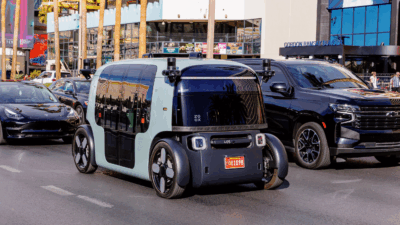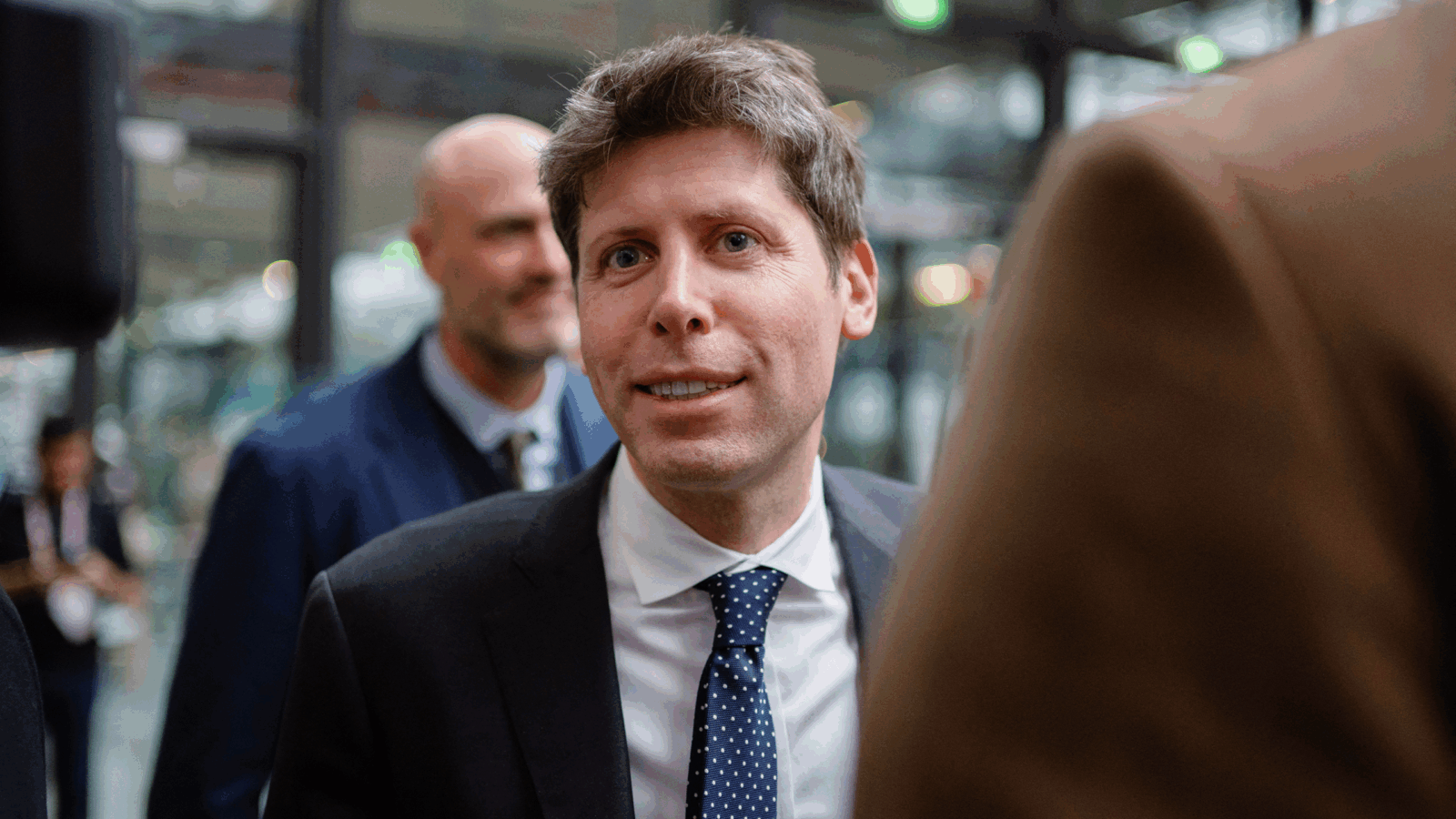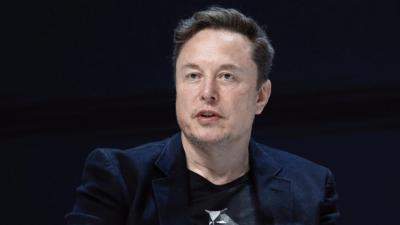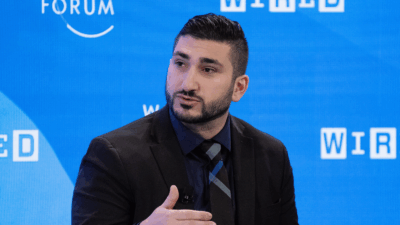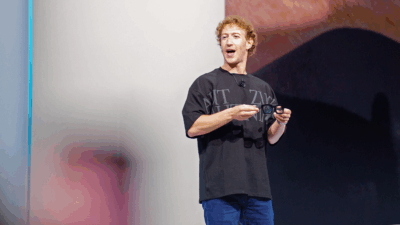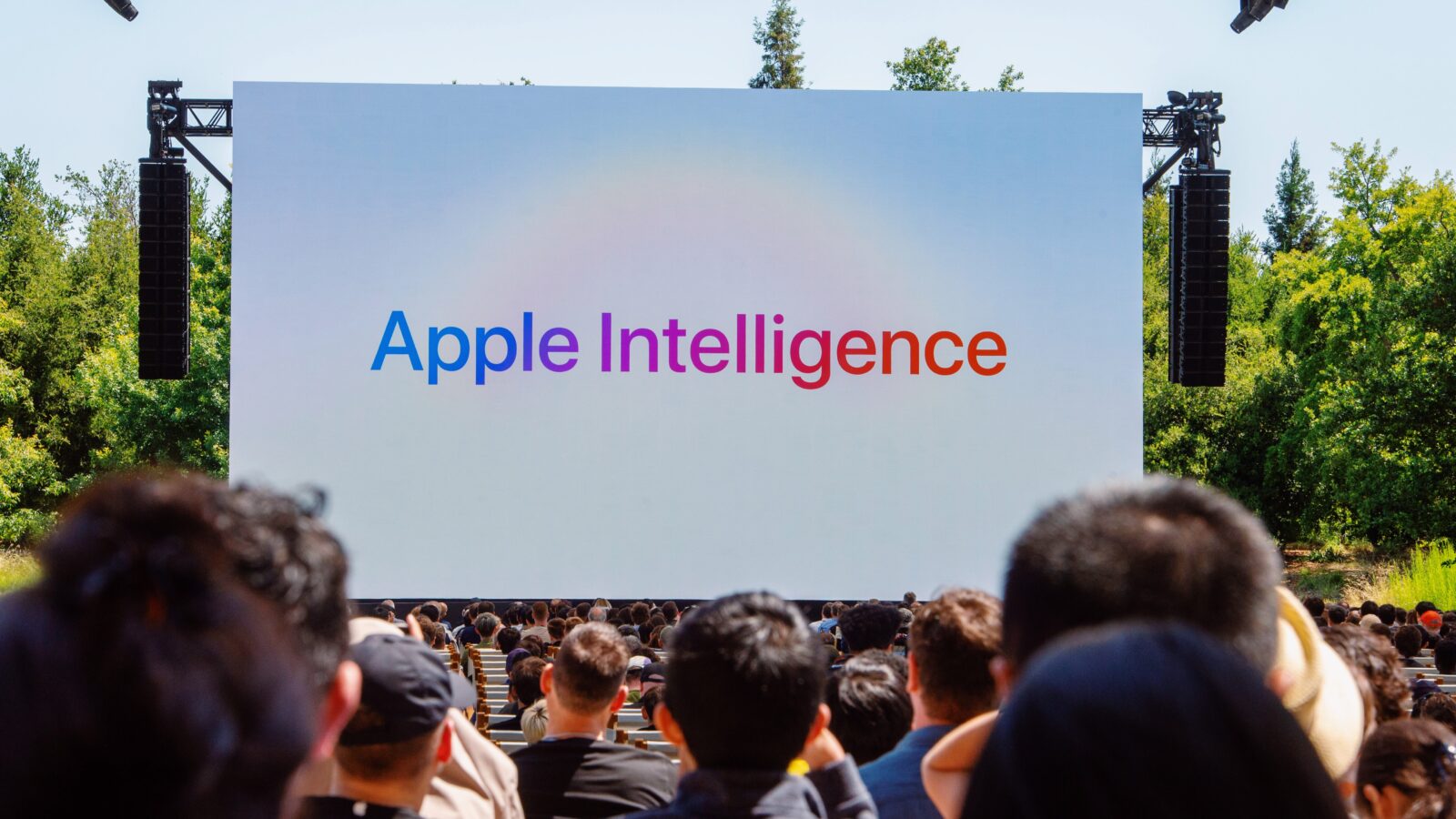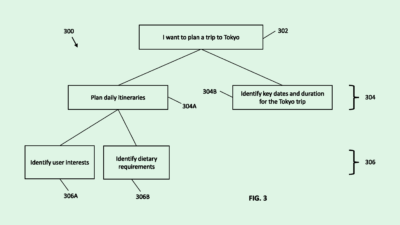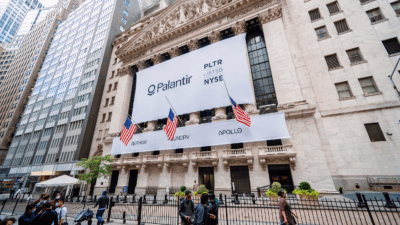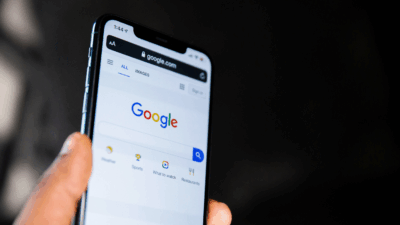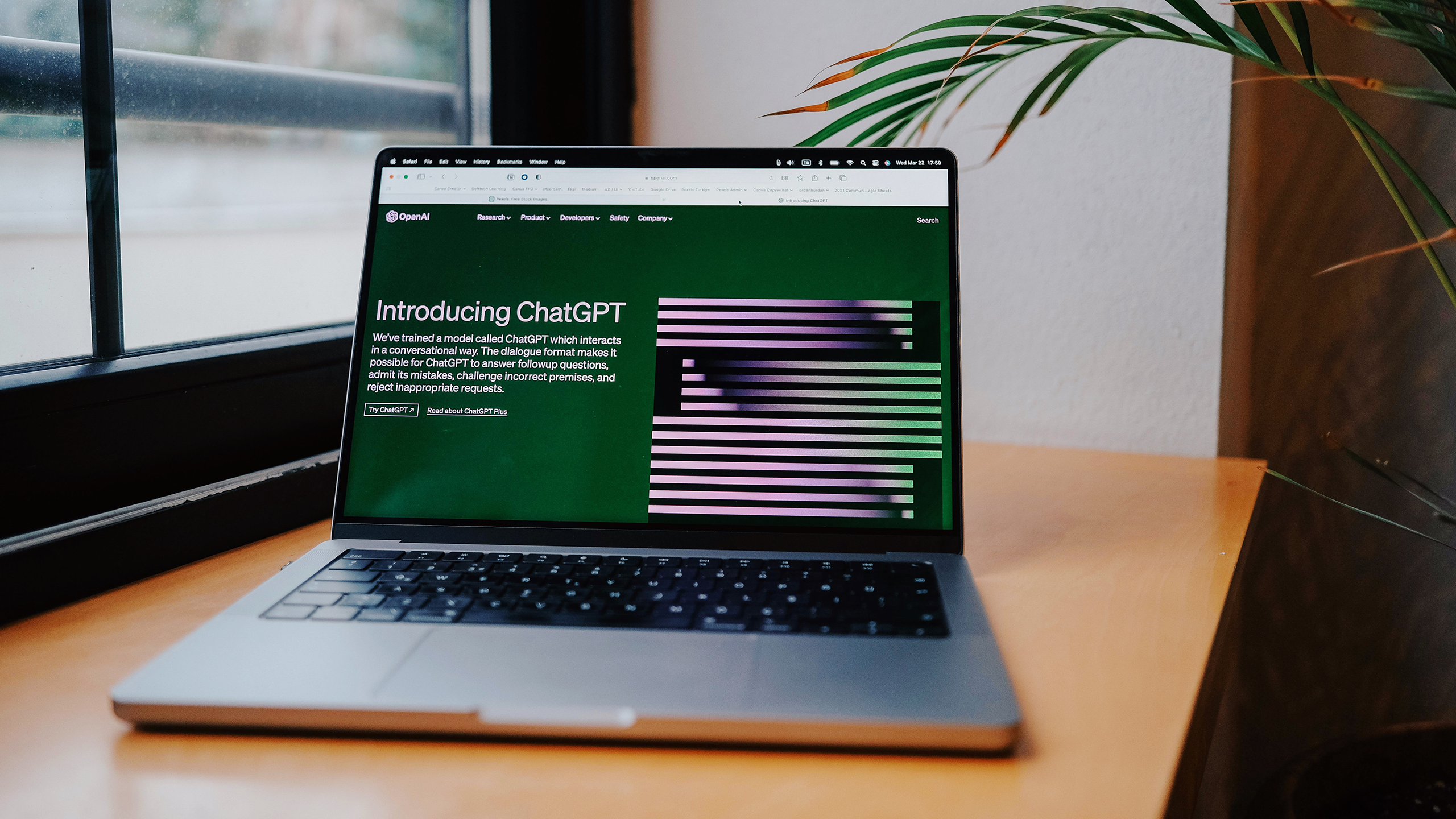
Sign up for smart news, insights, and analysis on the biggest financial stories of the day.
Check the video, it’s going to be a photo finish.
As the year draws to a close, both Google and OpenAI are racing to bring their respective generative AI video models — Veo and Sora — to market. Declaring a winner in the race, in typical fashion for our new AI reality, may depend on your input prompts.
Video AI Killed the Text AI Star
Google didn’t announce Veo until May, three months after OpenAI first announced Sora — but now it’s beating OpenAI to the punch, sort of. Late Tuesday, the search giant announced Veo was now available in private preview mode to businesses using Vertex AI, its paid-for enterprise platform.
But OpenAI may win the race to the broader market. On Wednesday, CEO Sam Altman said at The New York Times Dealbook conference that OpenAI on Thursday would kick off a “12 Days of Shipmas” event featuring daily launches of new products, demos, and other features, and sources told The Verge that one of those days would mark the launch of Sora. (Savvy internet dwellers may have access to the model already: last month, a group of artists who had been part of a test group for Sora published an open letter criticizing OpenAI for “art washing” and allegedly leaked access to the video model on AI developer platform Hugging Face.)
Widespread text-to-video models would mark the next evolution in the AI race. Existing tools are already making an impact:
- Coca-Cola made waves last month when it debuted entirely AI-generated holiday-themed ads, made using an internal AI model powered by OpenAI — and predictably triggered some online backlash. The campaign features a collection of short snips of holiday-themed visuals, which likely reflects the relative limits of present generative video AI models; when first announced, Google said Veo can make clips that last around a minute long, though now it isn’t specifying limits.
- That’s still enough to make an impact on the bottom line, particularly for the advertising industry. At least according to Google, which claims 86% of companies using generative AI in the production process have seen an increase in revenue.
Apple a Day: If there’s one tech titan not caught up in the AI rush, it’s still Apple. On Wednesday, Wired published an interview with CEO Tim Cook, who stressed that the company is currently more excited about its health-focused suite of software and hardware than anything in the AI space. You know what they say: using an Apple app a day can keep the doctor away.



